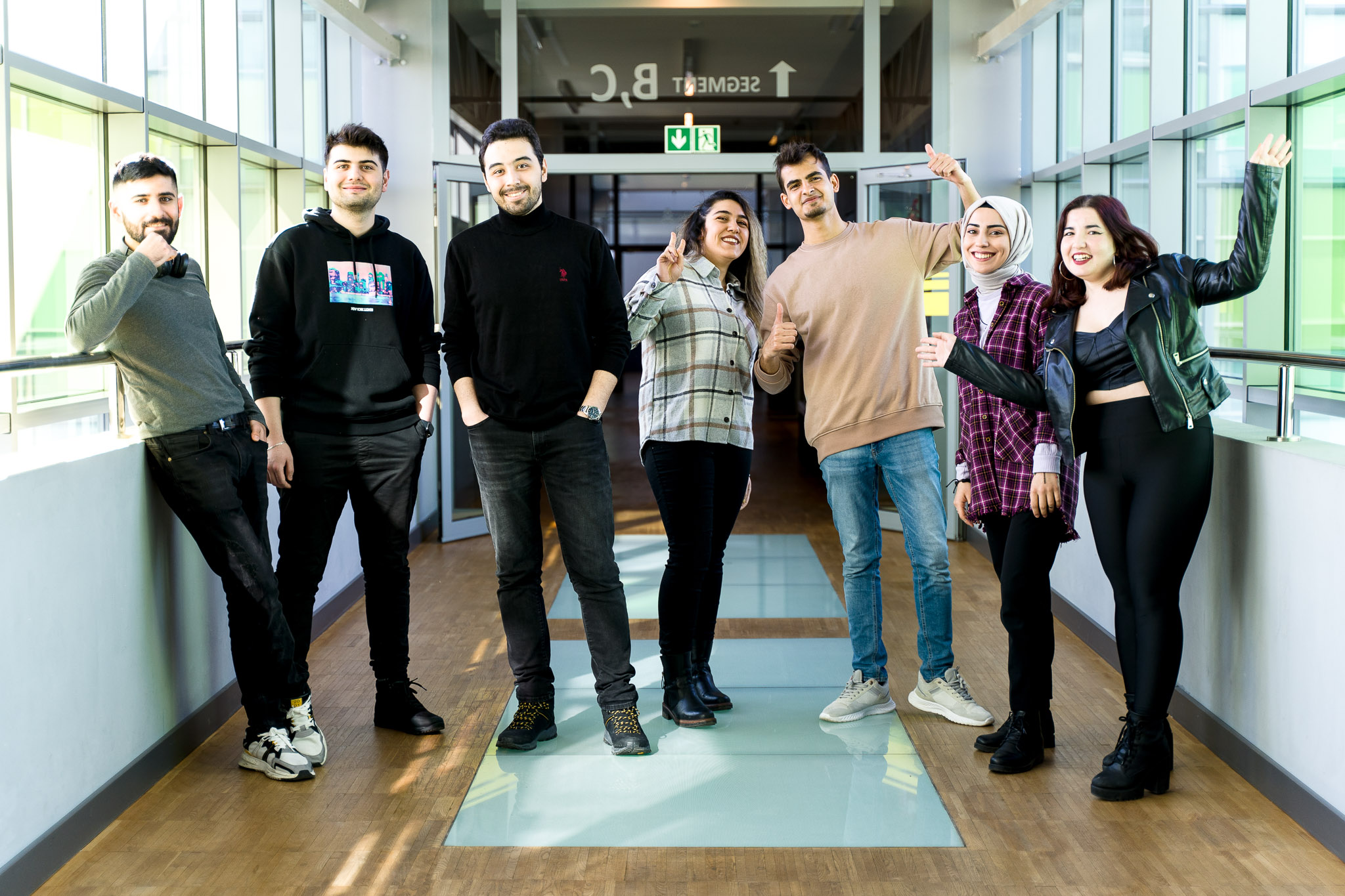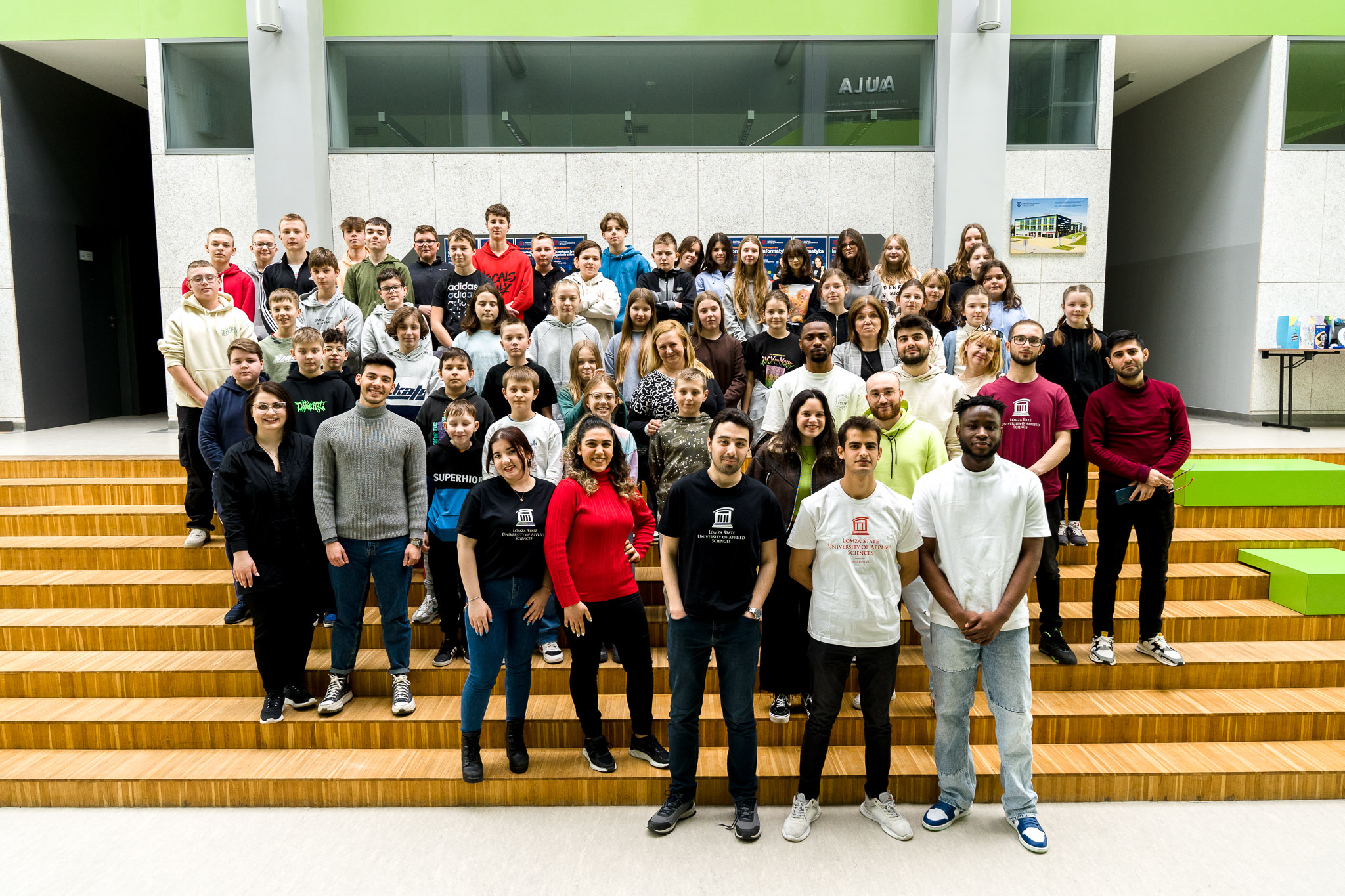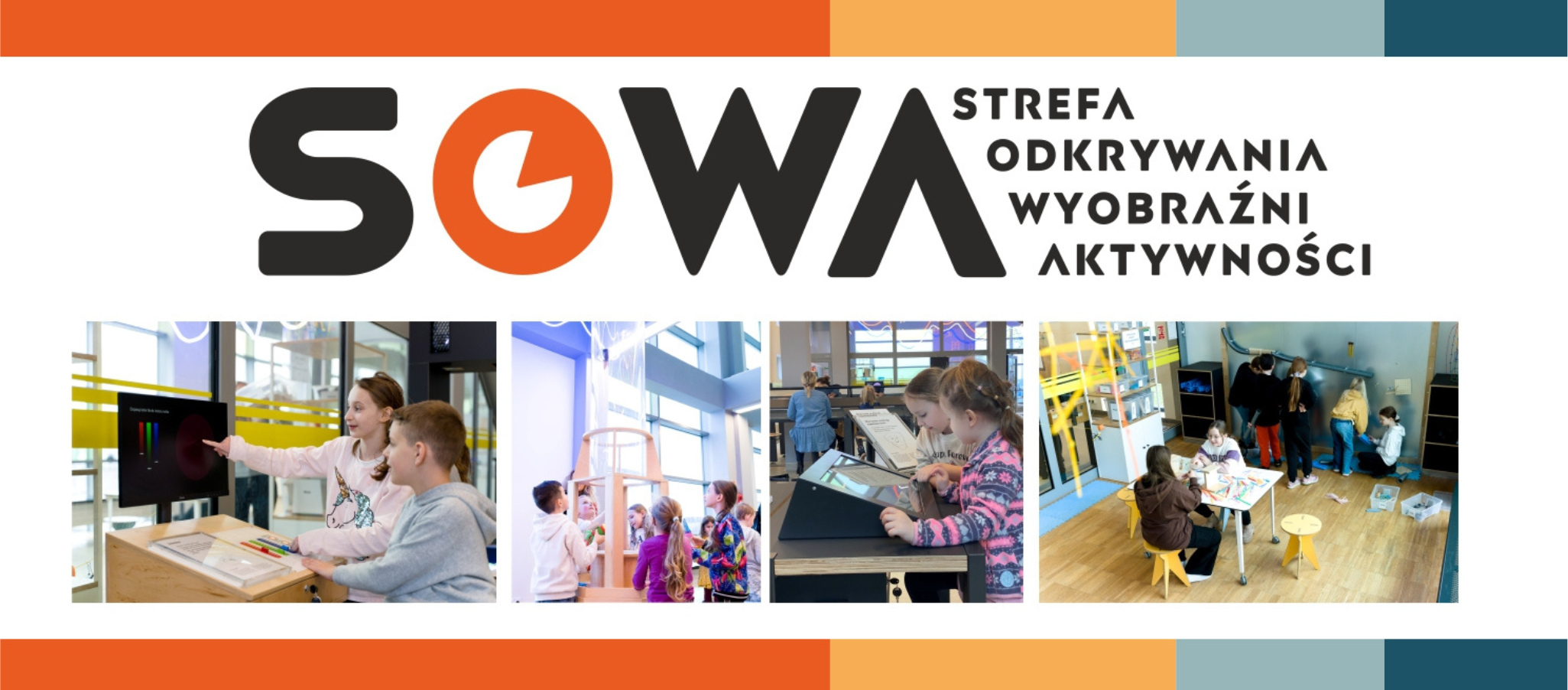Physical Education
Departmental Erasmus+ Coordinator: PhD Paweł Arnista
e-mail:
Degree structure: first-cycle (3 years, 6 semesters)
Mode of study: full-time and part-time
Degree awarded: Bachelor
Specializations:
- Tennis
- Downhill skiing
This field of study is dedicated for people who are passionate about sport, lead a healthy lifestyle, like exercising and unconventional work with people. Sport is one of the elements that should be widely used in the prevention of lifestyle diseases and posture defects. Physical activity has a positive effect on the mood, cognitive functions of the body, and even strengthens immunity. In Western Europe, interdisciplinarity, i.e. combining physical education, dietetics and physiotherapy, has become widely popular in the recent years.
The graduates work in educational institutions, clubs and sports associations, didactic and educational institutions as well as in local and state institutions that operate in the field of physical culture. They are prepared to carry out professional tasks in the field of health promotion, independent planning, implementation, and evaluation of physical activities.
The offer for 2021-2022 Academic Year:
The offer for 2022-2023 Academic Year:
The offer for 2023/2024 Academic Year:
The offer for 2024/2025 Academic Year:
The offer for 2025/2026 Academic Year:
Medical
Food Technology
Research Overview
EU projects
"Informatics; Automation and Robotics-directions of the future "
Project number: POKL.04.01.02-00-025 / 09
Project value: 3 567 509,00 PLN
Number of beneficiaries: 100 people
Project duration: 01.04.2009-30.06.2013
The aim of the project was to increase the number of graduates from Computer Science and Automation and Robotics- a key-knowledge-based faculty for local economy.
"Program your future-trends ordered in Lomza"
Project number: POKL.04.01.02-00-047 / 11
The value of the project: 5 062 610,00PLN
Number of beneficiaries: 120 people
Project duration: 01.06.2011-30.06.2015
Project objectives: to increase the number of graduates with engineering degrees in the amount of 100 people per faculty (Computer Science and Automation and Robotics) to the end of the second quarter of 2015.
Hard results of the project: 100 graduates with engineering degrees (including 11 K); 80 students (including 9 K), who completed the 3-month paid internships and study visits; 70 students (including 8 K) graduating extra classes from Mathematics.
Soft results of the project: to acquire new professional skills, gain practical knowledge
"Become an engineer- applied faculties in PWSIiP in Lomza"
Project number: POKL.04.01.02-00-107 / 12
The value of the project: 4 521 517.05 PLN
Number of beneficiaries: 80 people
Project duration: 01.08.2012-31.12.2015
Objectives of the project: To increase the number of graduates in Computer Science and Automation and Robotics with the degree of engineer to the end of the fourth quarter of 2015.
Page 21 of 26







